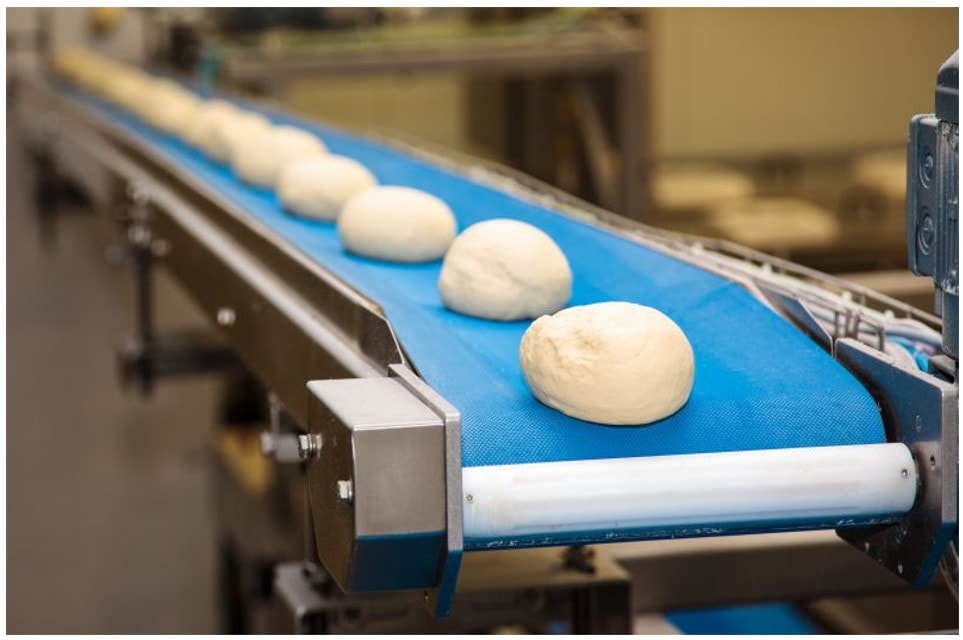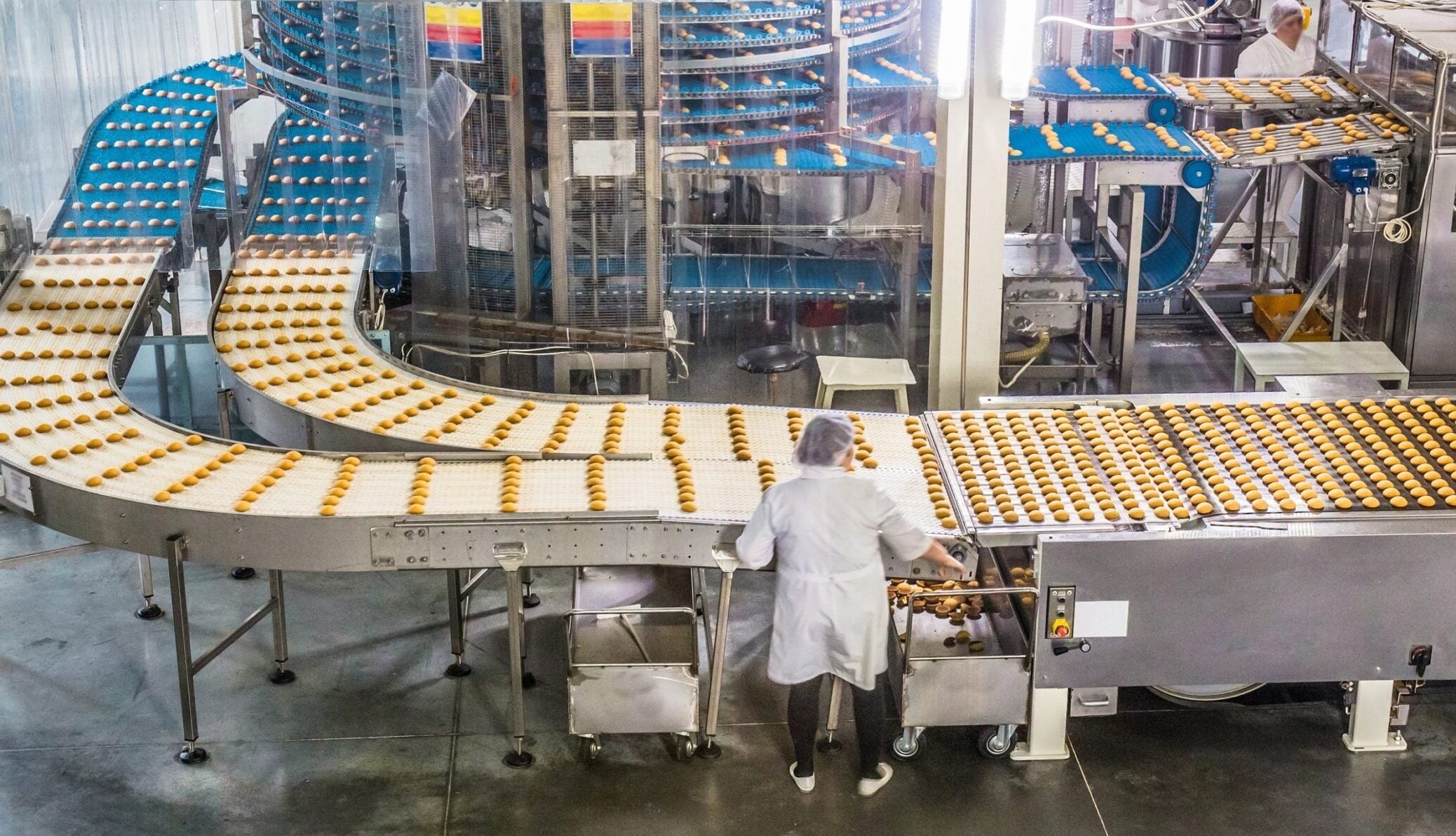Introduction
In today's hectic globe, the need for hassle-free as well as ready-to-eat food products gets on the rise. This has brought about an increased reliance on contract food manufacturing, where business contract out the manufacturing of their food to specialized suppliers. However, one facet that is typically forgotten in the contract manufacturing procedure is effective food storage and also circulation. In this post, we will certainly explore the relevance of effective food storage as well as circulation in contract manufacturing as well as its impact on the total high quality as well as success of food products.
The Duty of Contract Food Manufacturing in Australia
Australia has a thriving food sector, with a large range of neighborhood as well as worldwide brands accommodating the varied preferences and also choices of customers. Contract food manufacturing plays an essential duty in this industry by supplying business with the necessary resources, competence, as well as facilities to successfully generate their food. From little start-ups to large firms, many services rely on get makers to bring their cooking creations to life.
Contract Food Manufacturing in Brisbane: A Center for Innovation
Brisbane, the funding city of Queensland, is understood for its vivid food scene and also innovative cooking offerings. It comes as no surprise that contract food manufacturing has flourished in this area. With cutting edge centers as well as a skilled labor force, contract food makers in Brisbane are well-equipped to manage the manufacturing requirements of various organizations. Whether it's developing new recipes or scaling up manufacturing, these manufacturers play a pivotal duty in bringing delicious food to customers' plates.
Ensuring High quality: The Trick to Successful Contract Food Manufacturing
When it involves contract food manufacturing, ensuring product quality is vital. Suppliers need to stick to rigorous requirements and also laws established by authorities such as the Australian Food Criteria Code and also Good Manufacturing Practices (GMP). From ingredient sourcing to manufacturing processes, every action has to be meticulously planned and also performed to preserve the highest quality requirements. This not only assures client contentment yet also helps build trust and also integrity for both the agreement manufacturer and the brand they are producing for.
The Difficulties of Food Storage in Agreement Manufacturing
Efficient food storage is an essential facet of agreement production. The appropriate storage space of basic materials, components, as well as finished products is necessary to maintain their top quality as well as freshness. However, this can be tough, particularly when managing perishable products or huge quantities of supply. Aspects such as temperature control, product packaging stability, and also supply administration play a critical role in ensuring that food products stay safe for intake throughout the supply chain.
Overcoming Storage space Difficulties: Modern Technology and Technology at Play
In current years, innovations in technology have actually changed the method food is kept as well as distributed in contract manufacturing. From modern refrigeration systems to sophisticated inventory management software application, manufacturers currently have access to devices that can improve their operations as well as make sure optimum storage space contract manufacturer conditions. These technological technologies not only enhance food safety and security but also enhance efficiency as well as minimize waste, inevitably benefiting both the producer as well as completion consumer.

The Importance of Effective Food Distribution
Efficient food circulation is one more vital component of successful contract production. Once the food are produced and also kept suitably, they require to reach their intended destinations immediately. Prompt shipment makes sure that the items stay fresh as well as fulfill customer assumptions. In addition, reliable distribution likewise decreases prices associated with transport and also logistics while maximizing overall productivity.
From Farm to Fork: The Trip of Food Products
The journey of food products from farm to fork involves several stages, each calling for cautious preparation and execution. Allow's take a closer consider each step associated with this process:
Sourcing Raw Materials: Agreement food manufacturers work closely with distributors to source high-quality basic materials for their products. This includes whatever from fresh produce to seasonings, dressings, and also packaging materials.
Food Production: Once the raw products are sourced, the agreement producer adheres to a set dish as well as manufacturing process to develop the wanted food. This includes various techniques such as cooking, cooking, blending, and packaging.

Quality Control: Throughout the manufacturing procedure, quality control procedures are applied to make sure that the completed item satisfies all security and also high quality requirements. This includes normal inspections, screening, and also adherence to governing requirements.
Food Packaging: After the item is produced, it is meticulously packaged to maintain its freshness as well as stability during transport and also storage space. Agreement manufacturers usually offer personalized product packaging solutions customized to satisfy the particular requirements of their clients.
Storage and Distribution: As soon as packaged, the food products are kept in proper problems to preserve their top quality. From temperature-controlled warehouses to reliable logistics networks, agreement producers ensure that the products are distributed successfully and also reach their destinations on time.
FAQs
What is contract food manufacturing? Contract food manufacturing refers to outsourcing the production of food to customized suppliers. This enables organizations to focus on other elements such as marketing and also distribution while ensuring top quality items for their customers.
Why do firms pick contract food manufacturing in Australia? Business choose contract food manufacturing in Australia for various factors, including cost-effectiveness, accessibility to specialized know-how, conformity with governing criteria, as well as scalability of production.
What are the benefits of agreement food manufacturing? The advantages of contract food manufacturing include decreased capital expense, access to advanced modern technologies and also tools, increased manufacturing effectiveness, faster time-to-market, as well as flexibility in meeting altering market demands.
What is the role of food product packaging in contract manufacturing? Food packaging plays an important function in contract production as it ensures product safety and also expands service life. It likewise acts as an advertising and marketing tool by giving details about the product as well as boosting its aesthetic appeal.

How essential is food safety and security in agreement manufacturing? Food safety is of utmost relevance in contract manufacturing. Complying with strict food safety and security standards makes certain that the items are risk-free for consumption and also assists construct customer trust.
How does reliable food storage space and circulation impact the success of contract manufacturing? Effective food storage as well as circulation play a substantial duty in the success of contract production. They ensure that food products stay fresh, get to customers on schedule, as well as keep their top quality throughout the supply chain.
Conclusion
Efficient food storage space and also circulation are important elements of effective agreement production. From making certain item quality to decreasing wastage and also conference consumer assumptions, every facet of the supply chain plays a substantial role in supplying risk-free as well as top quality food products to customers. By leveraging technological innovations, sticking to regulative requirements, and also prioritizing consumer satisfaction, contract makers can enhance their competition in the marketplace while adding to the general development of the Australian food industry.